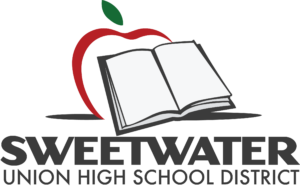The CAASPP Testing Window for 2025 will open February 25 through June 6. Here is the parent notification letter that is being sent to all families.
News & Events
-
Student Score Reports for CAASPP and ELPAC are now accessible through Infinite Campus. Follow these directions to access your child’s scores:
- Infinite Campus Parent Portal
- Menu
- More
- Assessment
- California Paperless Reporting
- Select language from the dropdown menu
- Click “Generate” box
Here are some resources from the California Department of Education that will assist you in understanding the Score Reports
CAASPP
Starting Smarter CAASPP Website
ELPAC
Starting Smarter ELPAC Website
